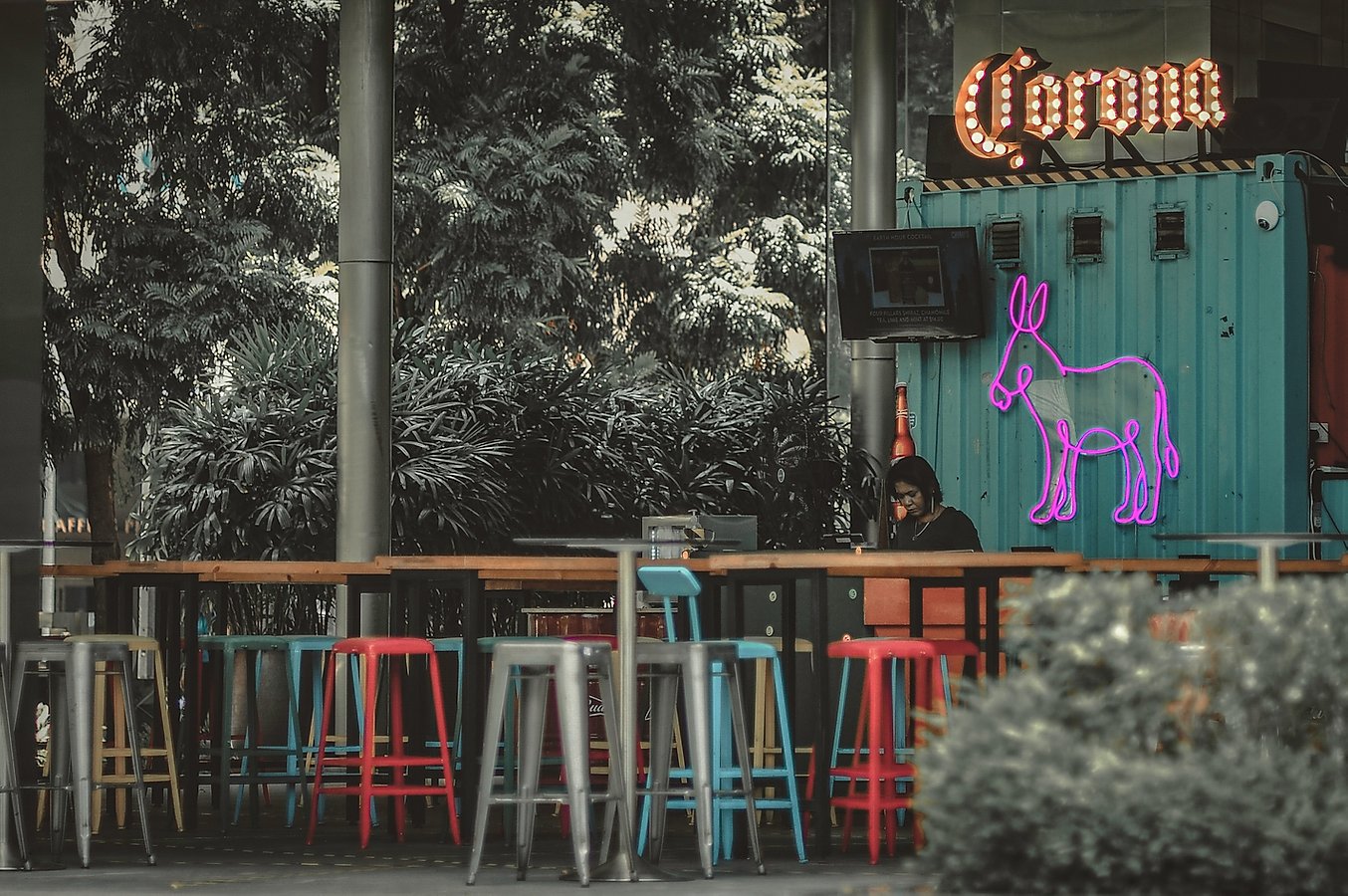With the Dow screeching upwards off its Covid lows of 18,531 on March 23rd, it now sits in the mid 25,000’s at the time of this writing. Falling from an all-time high of 29,551 on February 12th, almost 11,000 points worth of correction compiling a 37% hammering, the Dow, in seemingly defiance of economic fundamentals, has risen 27% from the 2020 lows and done so in only 10 weeks. Not so surprising seeing as it took only 5 weeks to crater to the March lows from its all-time high.
Investors have seldom if ever seen such volatility considering the magnitude of its wild swings. The 2008/09 bank crisis market was a close second in terms of ferocity followed by the 2001 dot.com crash.
Both the 2001 and 2008/09 crashes were caused by monetary excesses whereas our recent crisis can be attributed to a microscopic life form called the Corona virus.
Although differing in cause, the result could be said to be along the very same lines, which is a reduction in consumer spending coming from falling demand.
The dot.com and 08’ crisis witnessed a purging of financial excesses set off by a buying spree of assets (dot.com stocks in 2001 and real estate in 2008) which was followed by a debt and liquidity crisis. The economies of much of the world and therefore many investors and consumers suffered from the resulting contraction.
Both the 01’ and 08’ crisis could be categorized as “manias”, which are the irrational, consistent and ongoing purchases of an asset whose price then continues to ascend higher and higher until buyers can no longer support the increases, resulting in the “crash” that follows.
Covid is obviously something entirely different. Whereas no mania fueled buying spree led to an eventual correction in prices that had risen to irrational levels, this correction was mechanically induced through the voluntary cessation of purchases of goods and services brought about by the “shutdown”. Consumers worldwide basically stayed home.
Much of what is normally bought and sold therefore wasn’t. Commerce for many businesses ground to a halt.
Not all businesses suffered however. Consumers still had to eat, shelter and communicate and did so using the conduit of the internet. Those businesses that could provide human necessities through this conduit and the businesses which made up, serviced or protected that conduit flourished.
Indeed the reality that some businesses only survive through the destruction of other businesses by stealing their customers, a radically altered business landscape is thrust upon us faster than anyone thought possible.
The world has changed. And the way business is conducted has changed and those changes are still evolving. Being a dynamic situation due to the uncertainty of Covid, what the business environment will morph into when we come out the other end is anyone’s guess.
Will the stay-at-home economy go away or remain in some form or another?
Will we see a blended stay-at-home, work-at –the-office type environment?
What will happen to the commercial real estate market place if many businesses continue to allow employees to work from home?
Will cost savings spur companies to rethink their entire concept of how business should be or could be conducted?
There are many unanswered questions.
Indeed, even when the crisis will be over is something no one knows.
Unlike previous economic shocks, Covid is entirely different.
Whereas our previous crisis had their distinct causes and remedies rooted in financial seedlings, Covid is a new animal.
Literally.
Covid has caused almost the entire human race to rethink both its individual and business priorities. And in this revaluation process, many questions have been raised that have never before been contemplated.
In conclusion, many are asking if the recent, seemingly bipolar stock market action is logical.
Considering the uncertainty of Covid and its effect on the future of how we do things, one could argue the entire thing is up in the air and one big unknown and for good reason.
As to what to do in the market?
All I can say is be very careful. Where we go from here is anyone’s guess.
This article expresses the opinions of Marc Cuniberti and should not be construed as individual investment advice. No one can predict market movements. Investing involves risk. You can lose money. Mr. Cuniberti is an investment advisor representative through Cambridge Investor Research Advisors Inc. a registered investment advisor. California insurance license 0L34249


